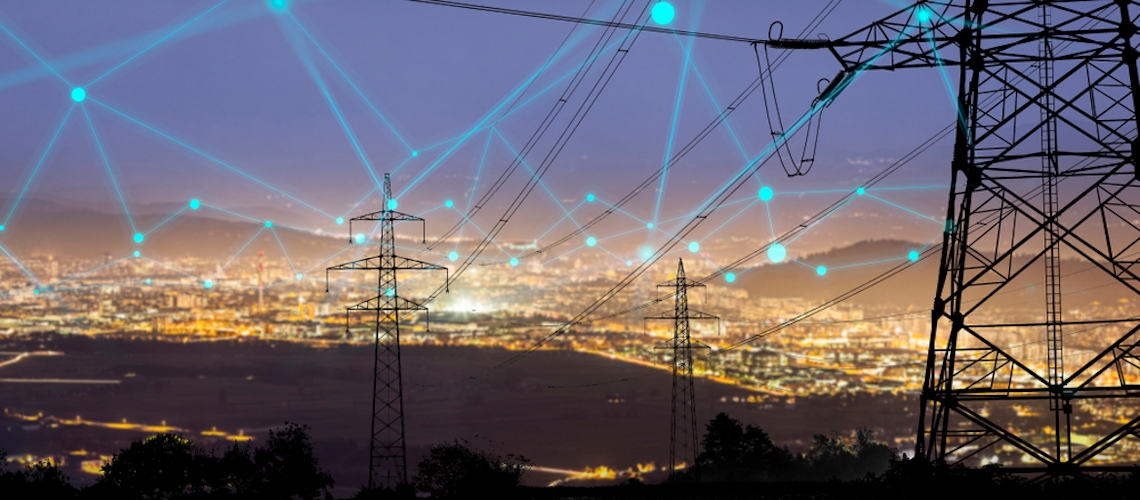In a world where access to electricity is no longer considered a privilege but a basic human right, many Arab counties are still struggling in providing electricity access to their people. Even though the Arab world is often associated with energy wealth in terms of oil gas production, not all the population has access to electricity. Many Arab Countries such as Comoros, Yemen, Djibouti, Sudan, Somalia, & South Sudan, are still lagging behind in terms of the population access to electricity.
However, it is important to distinguish between access to electricity and its availability. For example, in counties such as Lebanon, Syria, and West Ghaza, most of the population has access to the electricity grid, but it is not always available. Private generators are considered as an alternative solution to provide power, as rolling blackouts are common.
Global institutions including the World Bank and International Energy Agency are all working towards global solutions to help less developed countries in their struggles towards proving electricity to their people. By 2030, the United Nations sets a goal to measure progress against its Sustainable Development Goal #7—“affordable, reliable, sustainable and modern energy for all”.

0 Comments